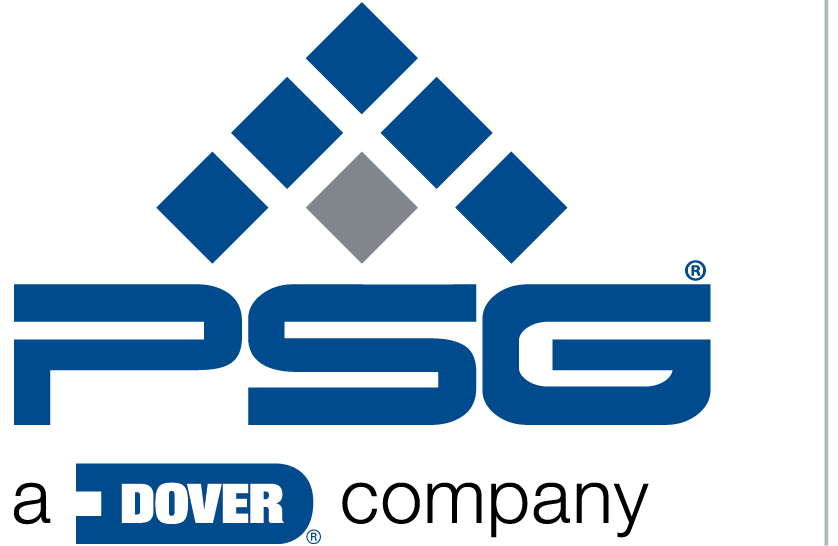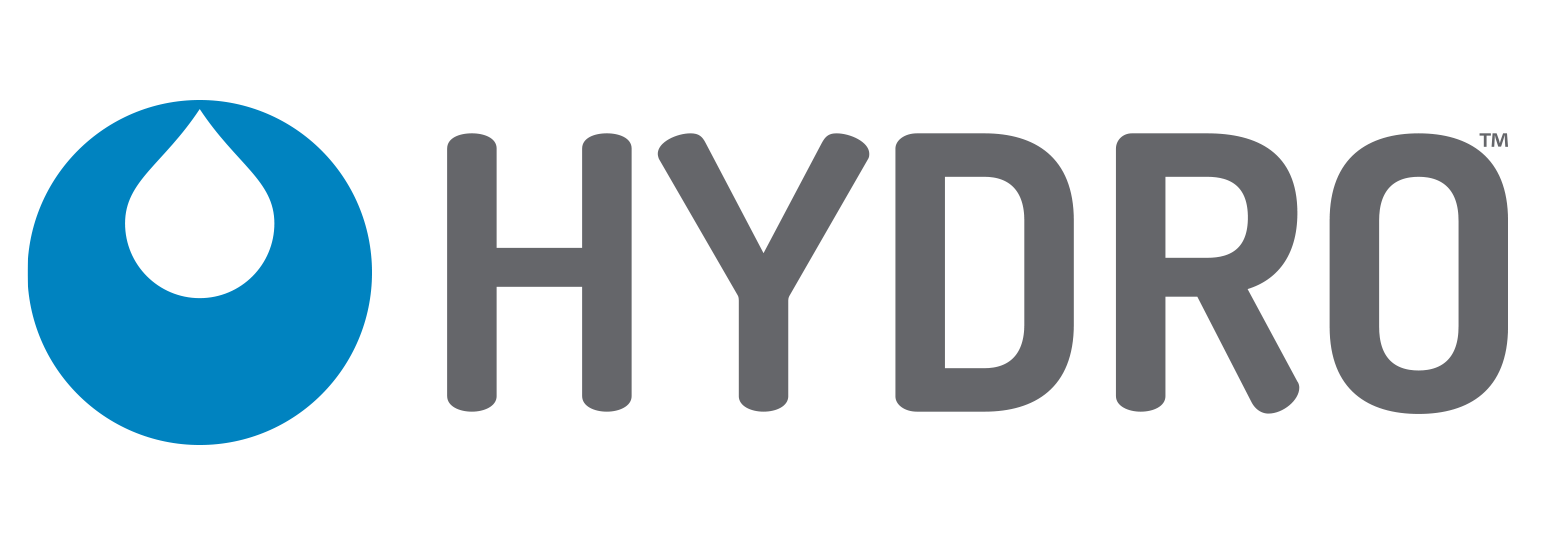Blog: Dispensing Smart, Sustainable Solutions

By: John Goetz, Global Product Manager, Hydro Systems
This year marks the 50th anniversary of Earth Day, which is celebrated on April 22 worldwide. Over the last several years, companies of all sizes have become more transparent about improving their environmental footprint and positioning sustainability as a core part of company culture. Going green provides numerous benefits for the environment and the bottom line. In fact, a new study found that regardless of product category, brands with legitimate sustainability claims do better than those that don’t.
Cutting back on resource waste, utilizing local or more efficient shipping systems as well as investing in new technology that supports sustainable efforts, such as chemical dispensing systems, are all great ways to ensure your company is moving in the right direction.
Dispensers Support Environmental Stewardship
According to the Dispensing Equipment Alliance (DEA), a chemical dispensing system can save up to 99.9% of waste packaging compared to ready-to-use (RTU) products. By using concentrated chemicals rather than heavy RTU chemicals, facilities can help reduce the volume of greenhouse gas emissions produced during the shipment of these solutions.
Chemical dispensers ensure chemicals are dosed consistently and accurately at the proper dilution. Manually measuring chemicals is an outdated approach, which can lead to spills, safety issues, inconsistent cleaning results and wasted product. For businesses that utilize a wide range of chemicals, certain chemical dispensing systems can provide employees with reliable ways to dilute chemical concentrates. This not only creates a safer working environment but is also environmentally sustainable.
In facilities that use large amounts of water and chemical every day, such as industrial laundries, dispensers can help reduce re-wash rates by metering the dosage of chemical. Re-washes can impact the quality of linen and require additional resources and labor.
Dispensers can also help foodservice operations improve their environmental impact. With the amount of dishware and glassware that is used in the foodservice industry, using dispensing systems can help reduce the amount of chemicals and water required to properly clean and sanitize dishes. According to the DEA, dispensing equipment reduces cleaning costs up to 30% by accurately providing the perfect amount of chemicals that minimizes waste, while maximizing efficacy.
Selecting the Right Dispenser
Automatic dispensing prevents chemical overuse or underuse, reducing waste and the risk of potentially hazardous chemicals being dumped into sanitary sewers. When choosing the proper dispensing system for your operation, it is important to consider the following:
- Accuracy. A chemical dispensing unit should provide accuracy at every stage and control for errors that can arise from fluctuating water pressure or when product containers run empty. Chemical delivery rates can vary depending on environmental factors, but the right chemical dispenser can help reduce the risk of wasted chemical and water by delivering accurate measurements with each use. Seek out dispensers that eliminate chemical waste with accurate dosing technology.
- Efficiency. There are dispensing units that utilize up to 60% less water than traditional automated cleaning systems by using an eductor to restrict water flow. These dispensing systems feature low power components that can reduce the amount of energy consumption by 85% compared to traditional dispensers with AC or DC motors.
- Compliance. Find dispensing units that meet the local plumbing, electrical, and mechanical approvals. For example, dilution systems should comply to ASSE 1055 to prevent chemical backflow into the water supply. In addition to saving water, preventing water contamination is an important aspect of maintaining a safe and sustainable business.
- Ability to minimize landfill waste. In addition to improving dosing precision, electronic dispensers that operate without peristaltic squeeze tubes, which require changing every 1-6 months, can help keep up to 6.8 tons of contaminated rubber out of landfills each year.
- Technological capabilities. Look for systems that use advanced technology to provide predictive maintenance, remote monitoring and automated adjustments, and capture data on key performance indicators. Analyzing this data can help facility managers identify areas to improve upon, such as minimizing downtime and increasing operational efficiency.
Dispenser installation and maintenance are also important to keep your operation running smoothly. Dispensing units should require minimal maintenance to reduce downtime and improve productivity. However, some maintenance tips include checking dosing parameters and recalibrating your dispenser as needed.
A Bright, Sustainable Future
Earth Day is a great time to examine what your business is doing to protect the environment to see how it can become a more sustainable operation. For example, Hydro Systems believes that green business is good business and aims to support our customers and the environment with sustainable solutions. Our products are used to accurately dilute and/or dispense concentrated cleaning chemicals safely and effectively in many different types of facilities, promoting environmental responsibility, cost control, worker safety and more. Investing in smart technology can help promote and maintain a company’s sustainable goals, all while creating a stronger, more positive brand image.

Customer Service and Technical Support
Call 1-800-543-7184 Monday-Friday 8am - 5pm EST









